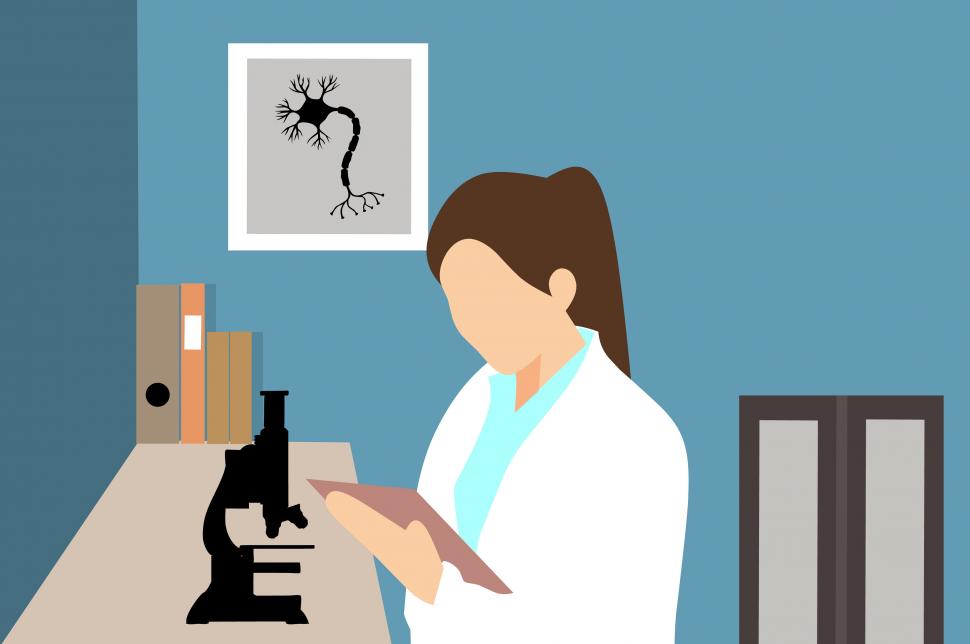Circulation of Science is a research project that aims to help resolve the contradiction in Research and Development between recognition of the importance of science in its many forms to Portuguese society and the reality of working in this sector of the economy. Focusing upon a number of key stages in a career in science, the challenges facing employers and employees are explored, taking into account issues arising from a competitive yet hierarchical organisation of science and the need to manage requirements for geographical mobility and cope with precariousness.
The challenge of this project is to inform policy on science in Portugal, specifically a very prominent imbalance in Research and Development between its valorisation as a political, economic and societal priority and the reality of careers in science negatively affected by exploitation, insecurity and indignity. In simpler terms, there is a need to support Science while also supporting scientists. Ideally, the work will provide of model of good practice for other societies where there is a need to better manage science, as well as a contribution to on-going academic and public debates.
The project is grounded in original empirical investigation. A three year plan has been devised, with potential for expansion into another three year period. The first year involves stocktaking activities and theoretical development aimed at establishing an accurate impression of the current state of R&D in Portugal. The subsequent two years involve fieldwork with two specific groups at the entry level to scientific careers, namely, trainees (including interns) and scientists in a first research contract.
Research questions explore processes through which positions are secured (i.e. information and gatekeeping), contractual situations and work/life balance, looking at positive and negative aspects of being a junior researcher. Qualitative methods (in-depth interviewing and ethnography) are used, complemented by analysis of statistics and policy documents.
Tangible outcomes include traditional academic dissemination activities: journal articles, books and conference presentations, alongside social media presence and public outreach. In year one, a theoretical article on the stratification of R&D careers in Portugal will be produced, in year two, an empirical article and monograph on internships and in year three, an empirical article on early career stage scientists and another book on this theme.
Ultimately, the work to be undertaken seeks to generate knowledge and understanding on how to improve the ‘health’ of Science in Portugal, with findings aimed at policymakers and stakeholders, including relevant employers. In addition scientific workers will be provided with an opportunity to voice their own concerns and contribute to improving prospects for socio-demographic inclusivity in R&D and eliminating workplace indignity and exploitation.
| Research Centre | Research Group | Role in Project | Begin Date | End Date |
|---|---|---|---|---|
| CIES-Iscte | -- | Partner | 2018-11-01 | 2024-10-31 |
No records found.
| Name | Affiliation | Role in Project | Begin Date | End Date |
|---|---|---|---|---|
| David Cairns | Integrated Researcher (CIES-Iscte); | Global Coordinator | 2018-11-01 | 2024-10-31 |
| Reference/Code | Funding DOI | Funding Type | Funding Program | Funding Amount (Global) | Funding Amount (Local) | Begin Date | End Date |
|---|---|---|---|---|---|---|---|
| CEECIND/02453/2017 | -- | Contract | FCT - CEEC Individual - Portugal | 382.200€ | 382.200€ | 2019-04-01 | 2025-03-31 |
No records found.
No records found.
No records found.
No records found.
With the objective to increase the research activity directed towards the achievement of the United Nations 2030 Sustainable Development Goals, the possibility of associating scientific projects with the Sustainable Development Goals is now available in Ciência_Iscte. These are the Sustainable Development Goals identified for this project. For more detailed information on the Sustainable Development Goals, click here.

 Português
Português





